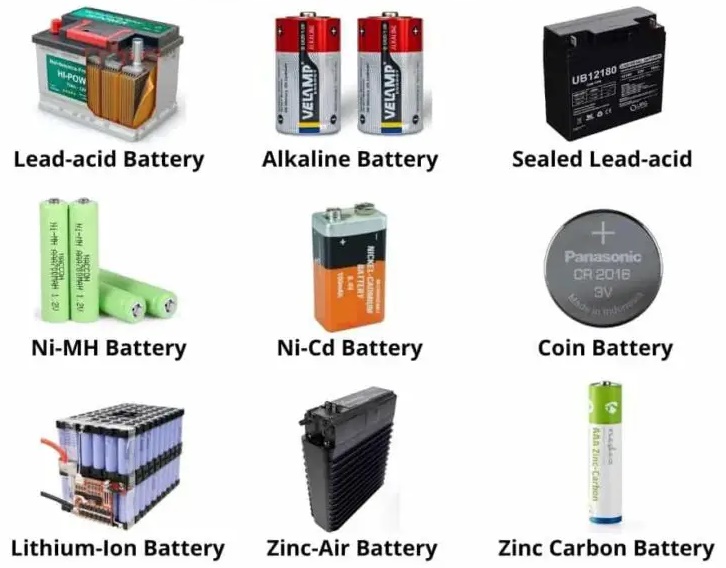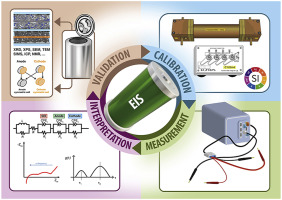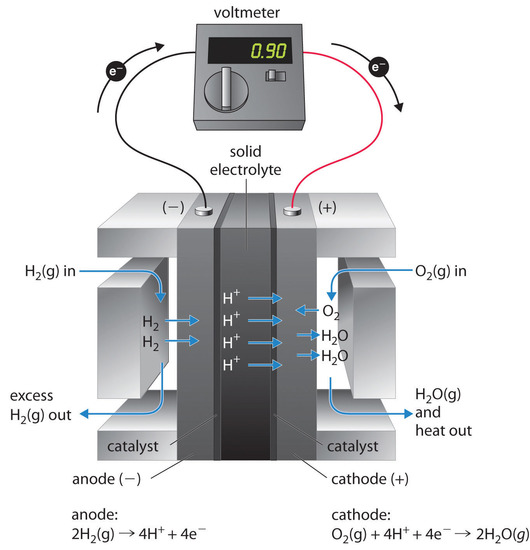Battery Battery Test and Development There are several different types of batteries, including: 1. Alkaline Batteries: These are commonly used in household devices such as remote controls, flashlights, and toys. They have a long shelf life and provide a reliable source of power. 2. Lithium-ion Batteries: These are widely used in portable electronic devices such as smartphones, laptops, and electric vehicles. They have a high energy density and can be recharged multiple times. 3. Lead-acid Batteries: These are commonly used in automotive applications, uninterruptible power supplies (UPS), and for backup power. They are relatively inexpensive and provide high surge currents. 4. Nickel-cadmium Batteries: These were once popular but are now less common due to environmental concerns regarding cadmium. They are still used in some applications such as cordless phones and power tools. 5. Nickel-metal Hydride Batteries: These are commonly used in rechargeable devices such as digital cameras, portable gaming consoles, and hybrid vehicles. They have a higher energy density than nickel-cadmium batteries. 6. Zinc-carbon Batteries: These are inexpensive and commonly used in low-drain devices such as remote controls and clocks. 7. Silver-oxide Batteries: These are commonly used in watches, calculators, and hearing aids. They have a long shelf life and provide stable voltage output. 8. Lithium Polymer Batteries: These are a variation of lithium-ion batteries and are commonly used in portable electronic devices due to their lightweight and flexible design. These are just a few examples of the different types of batteries available, each with their own advantages and disadvantages depending on the specific application. Electrochemical battery testing is a process used to evaluate the performance and characteristics of batteries. It involves measuring various parameters such as voltage, current, capacity, and internal resistance to assess the battery's health, efficiency, and overall functionality. During electrochemical battery testing, the battery is subjected to different conditions and tests to simulate real-world usage scenarios. This can include charging and discharging cycles, temperature variations, and stress tests. The data collected from these tests helps determine the battery's capacity, energy efficiency, cycle life, and any potential issues or degradation. Electrochemical battery testing is crucial in research and development, quality control, and maintenance of batteries. It allows manufacturers to ensure their batteries meet performance standards, identify any defects or weaknesses, and optimize their designs for specific applications. Additionally, it helps end-users evaluate the reliability and longevity of batteries before using them in their devices or systems. So if you have questions such as, How to electrochemical test a battery? How to conduct charge and dicxharge of a battery? How to develop a new battery? How to analyze a battery life? How to get maximum performance from a battery? How to optimize conditions of a battery? Our professional team are there to analyse your battery properties data. Just submit your order and our experts will contact you as soon as possible. Could not see your question? We are there to help you on this topic. Just place your order.
![]()



